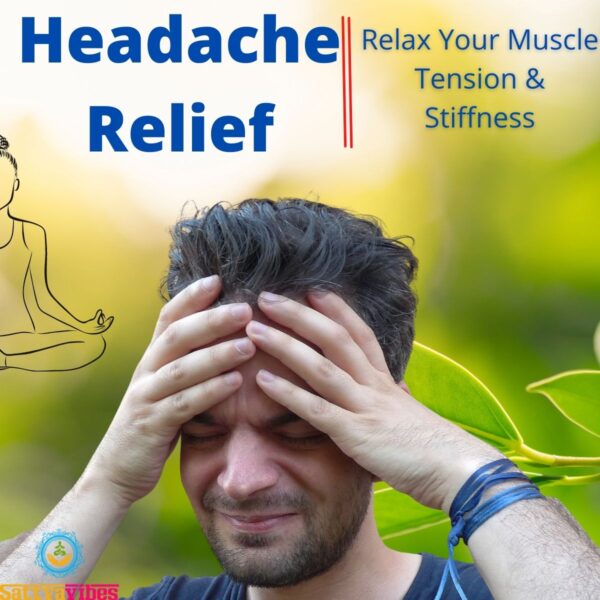Natural Ways to Boost your Immunity
Health is a major concern in this modern age. This is normal because it is hard to live a happy life without good health. The immune system is essential for good health. It is a complex network of cells and tissues that constantly monitor intruders. It is the body's white knight. Expert advice suggests several preventive steps you can take to ensure your immune system is working properly. These include relaxation, stress management, quality sleep, and rest.
Our immune system is vital in protecting our bodies from harmful substances and germs. The immune system comprises many organs, cells networks, tissues, proteins, and proteins that work together whenever there is a threat. We can continue to live our lives as normal, so long as our immune system works well. If the immune system stops functioning properly, such as fighting off aggressive germs, we will likely become sick.
Some germs can only make you sick once you're in contact with them. They may manifest as common childhood diseases like chickenpox. Some people will have stronger immune systems than others will. Although genetics play a part, some studies show that non-heritable factors determine immune system strength.
How to Boost Your Immune System
There is currently no miracle pill or food that can boost your immune system. Experts advise against buying products promising to boost your immune system. There is no solid evidence to support this claim. The experts recommend sticking to simple, proven methods. If you are frequently sick, it is good to consult a doctor for expert advice. Here are five things you can do to improve your daily routine.
1. Stress levels should be controlled
There may be a job interview or deadline approaching that stresses you out. You may find yourself unable to think of anything else, and then suddenly you become ill. According to psychologists in psychoneuroimmunology, the state of mind can influence a person's health.
In the 1980s, research focused on the link between stress and the immune system. A group of medical students, psychologists, and immunologists joined forces to study. The students' immune system weakened each year due to the stress of the exam period. They had fewer natural killer cells responsible for fighting viruses and tumors.
Research continues to show a connection between loneliness, stress, anxiety, and a weak immune system. Experts believe that stress may be responsible for 90% of all diseases. There is no clear answer to how stress affects the immune system, despite all the data available. One theory suggests that the brain sends defense signals through the endocrine to the immune system under constant stress. This, in turn, releases a variety of hormones, such as cortisol, which help your body react to stress or danger and decrease your immunity. There are many ways to manage stress, even though we can't eliminate it.
How?
Meditate! Take 20-25 minutes to meditate. Sit down in a calm place with your back straight. Close your eyes. Next, pay attention to your breathing. Which part of your body do you feel the most? Is it in your nose? Perhaps in your stomach? For the next few minutes, keep following your breath. Remember to slow down your breathing and pay attention to the sensations in your body.
To help you relax and focus, try our Stress Relief Sounds created with 4.5Hz Theta brainwave frequency to ease you as soon as possible.
2. Exercise
Exercise can lift your mood and boost your immune system. A meta-review found that moderate exercise could improve immune regulation and delay the onset of age-related dysfunction. Although we don't know the exact mechanism by which exercise can increase your immunity to certain diseases, there are many theories.
• Exercise can slow down stress hormones' release. Your chances of getting sick increase when you are under constant stress. You can protect yourself against possible illness by reducing stress hormones through exercise.
• Your body temperature increases during and after exercise. This may help prevent bacteria growth and aid in fighting infection.
• The benefits of physical activity include flushing out bacteria from the lungs and clearing your airways. This may decrease your chances of contracting a cold, flu, or other illness.
It is important to note that too much exercise can cause a weakening of your immune system, which can lead to infection and other diseases. Exercising too often can lead to stress, which can, in some cases, cause cell death. If you do decide to exercise, don't overdo it.
How?
Consult with an expert if you have a medical condition or a physical disability. You can exercise if you're able and able. You can start moderate exercise videos if you don't have the time or cannot leave your house.
You can also try out Exercise Stimulus to build yourself better than yesterday.
3. Watch Your Diet
Your strength is dependent on your diet. Evidence suggests that nutrition directly impacts your immune system and susceptibility to infections. For example, a low-fat diet that includes plenty of vegetables may give your immune system an extra boost. White blood cells produce antibodies that fight viruses, bacteria, and other diseases. This diet has a high intake of vitamins and a low fat intake. It is more effective for white blood cells.
Studies conducted at The University of Bonn discovered that the immune system responds to high-fat and high-calorie foods in the same way as a bacterial infection. Long-term, eating unhealthy foods makes your body's defenses stronger. In other words, inflammation towards innate immune stimulation becomes more prominent. There is also a higher risk of developing diabetes and arteriosclerosis.
These studies and others show that healthy eating is more than a trend. It's a necessity. Re-examining your diet is an excellent way to strengthen your immune system.
How?
Although it is best to seek out specialists, there are some tips that you can use. Eat more fruits and vegetables, reduce the intake of artificial sweeteners, eat fewer chips, snack with nuts, and drink two glasses of water daily.
4. Prioritize Sleep
Thomas Dekker said, "Sleep's the golden chain that ties our bodies and health together." This is true. You are more likely to become sick if you don't get enough sleep. If you are ever sick, your recovery time can be slowed down by not getting enough sleep.
Your immune system releases cytokines during Sleep. These proteins are mostly helpful in promoting Sleep. Certain cytokines will increase when you're suffering from an infection, or inflammation, or are stressed out. These protective proteins are less likely to be produced if you're not getting enough sleep. Insufficient sleep can also lead to a decrease in antibodies and infection-fighting cell production.
We all need to sleep to be healthy and function well. Adults require seven to eight hours of sleep each night. Teenagers require nine to ten hours per night, while school-aged children might need ten hours or more. Everyone is different, and not everyone can fall asleep easily and get the rest they need.
How?
This is a difficult question to answer. You can avoid caffeinated drinks at the end of your day, reduce alcohol intake, optimize your bedroom, and take a break during the evening.
Similar: Are you suffering from insomnia? Binaural Beats to Relax Your Mind
Check out our store for the best sound solution to getting you properly rested.
Stay Healthy: Act Now!
There are many ways you can stay mentally and physically fit. It's time for you to improve your well-being!
These tips will help you feel happy, strong, and positive.























0 COMMENTS